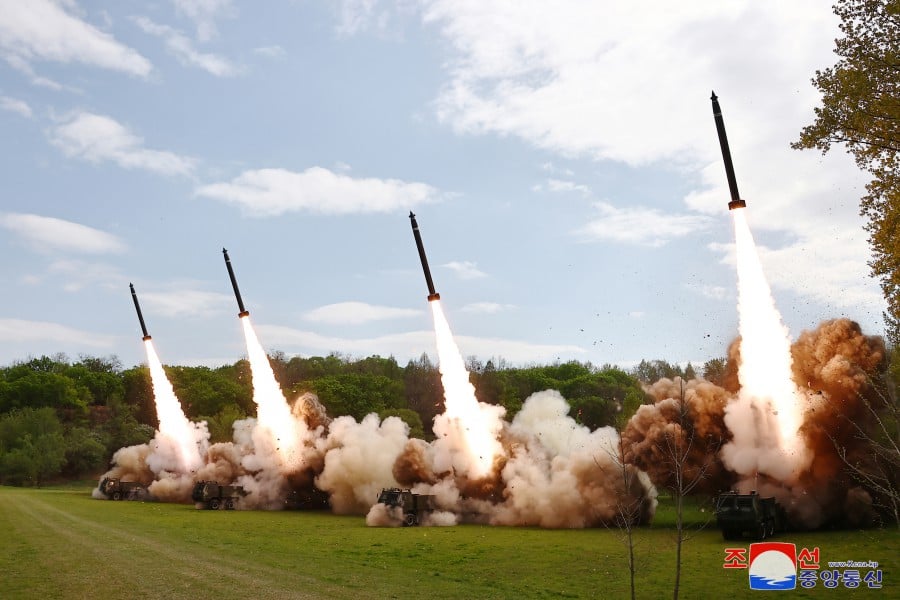The following is the Aug. 16, 2019 Congressional Research Service In Focus report International Discussions Concerning Lethal Autonomous Weapon Systems.
From the report
As technology, particularly artificial intelligence (AI), advances, lethal autonomous weapon systems (LAWS)—weapons designed to make decisions about using lethal force without manual human control—may soon make their appearance, raising a number of potential ethical, diplomatic, legal, and strategic concerns for Congress. By providing a brief overview of ongoing international discussions concerning LAWS, this In Focus seeks to assist Congress as it conducts oversight hearings on AI within the military (as the House and Senate Committees on Armed Services have done in recent years), guides U.S. foreign policy, and makes funding and authorization decisions related to LAWS.
International Fora for LAWS Discussions
The international community has begun to examine the implications of LAWS in discussions held primarily under the Convention on Certain Conventional Weapons (CCW), a multilateral arms control agreement to which the United States became a party in 1982, intended to protect noncombatants from particularly inhumane weapons of war. The CCW’s five protocols ban or regulate specific conventional weapons, notably blinding lasers. The CCW’s decisions are made by consensus among the treaty’s States Parties, and it has served in the past as a platform for discussing new weapon technologies.
Since 2014, the CCW has convened annual meetings of its States Parties to discuss the legal, ethical, technological, and military facets of LAWS. These meetings were upgraded in 2017 from informal “Meetings of Experts” to a formal Group of Government Experts (GGE). The GGE invites experts from civil society to partake in the deliberations alongside members of national delegations.
Despite six years of debate, the GGE has not produced any specific policy recommendations for the CCW’s States Parties. Although the meetings have led to a consensus that appropriate levels of human judgement must be maintained over any LAWS and that LAWS are subject to International Humanitarian Law (IHL), the mechanics of applying both terms remain contentious (e.g., does IHL categorically ban LAWS?), and the limited scope of agreement provides no basis for further action.
Download the document here.





